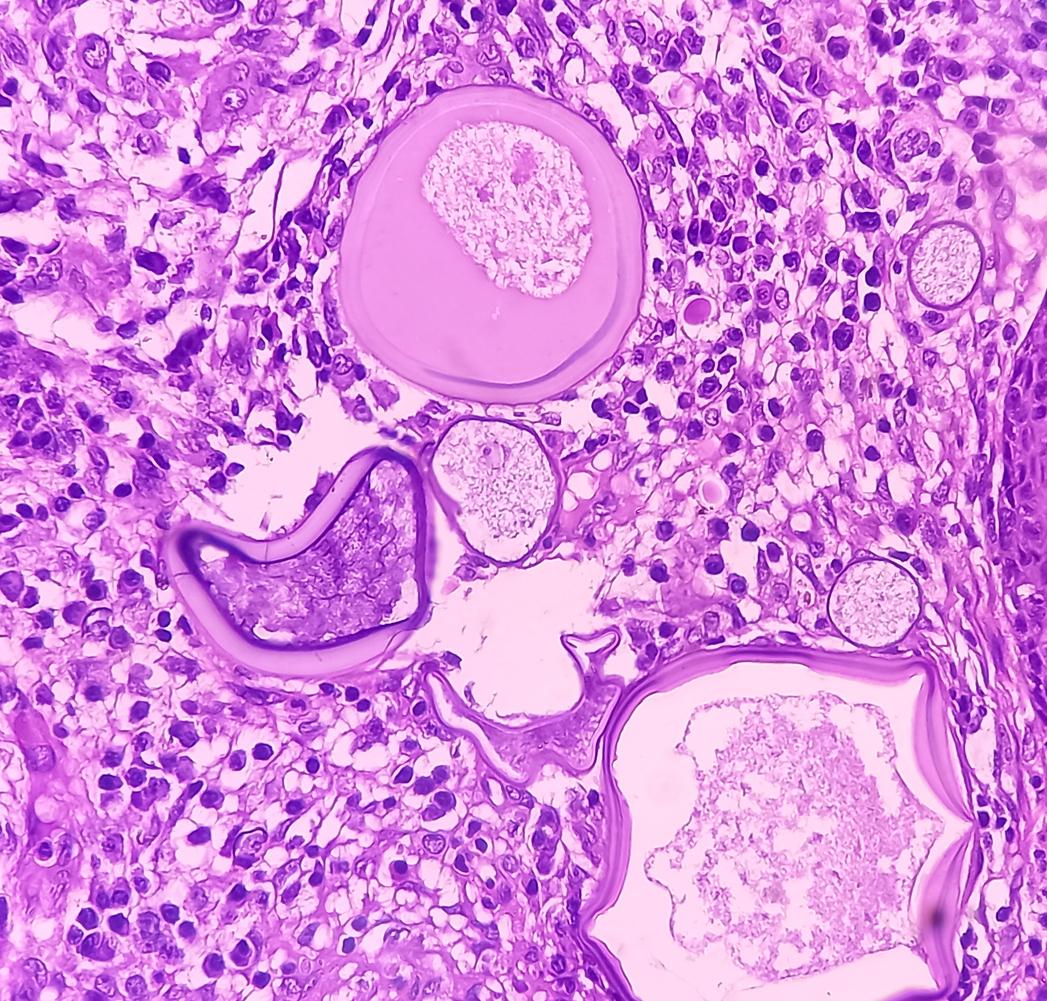In the future, a new treatment may be used for patients affected by colorectal cancer. The combination of two immunotherapy treatments, followed by an operation could promote tumor regression.

- In men, colorectal cancer is the 3rd most common cancer after those of the prostate and the lung. It is the second most common cancer in women after breast cancer.
- Age and poor lifestyle habits (sedentary lifestyle, overweight, smoking) are factors favoring the occurrence of colorectal cancer.
In France, approximately 43,000 patients are affected by colon cancer each year, according to the National Cancer Institute. In the majority of cases, this pathology is treated by means of surgery, whether or not associated with chemotherapy. For now, 5 to 7% of tumors regress by more than 50% after chemotherapy, according to figures reported by the newspaper The world.
A possible evolution of colorectal cancer treatments?
On September 11, the European Society for Medical Oncology presented the results of its latest study on colon cancer treatments: the combination of two immunotherapy treatments, followed by an operation could reduce the tumor by 95%. A considerable advance for this pathology of which “recurrence rates are between 20% and 40%, even when standard chemotherapy is given”highlighted Myriam Chalabi, lead author of the research and the Netherlands Cancer Institute in Amsterdam at the annual congress of the European Society of Oncology, in Paris
For the purposes of this study, 112 patients with an average age of 60 were recruited. 74% of the volunteers were affected by stage III colorectal cancer, which corresponds to a tumor that has affected one or more lymph nodes near the colon. Subjects were first treated with a series of immunotherapy combining ipilimumab and nivolumab. Two weeks later, they were operated.
Adverse effects in four patients after administration of immunotherapy
According to their findings, almost 95% of tumors regressed by 90% and 99% of tumors were reduced by more than 50%. A postoperative follow-up was also established for 13 months and no case of recurrence was identified.
However, this type of treatment only concerns 10 to 15% of non-metastatic colon cancers. These tumors present genome abnormalities and are the consequences of a failure of the DNA repair system (DMMR) during its duplication. “Immunotherapy before surgery could become the standard treatment for patients with dMMR-type colon cancer.”said Myriam Chalabi.
Grade 3-4 adverse reactions were detected in four patients following immunotherapy. They were affected by a rash, hepatitis, weakness and muscle damage. For these patients, the surgery was postponed by two weeks or more.

















